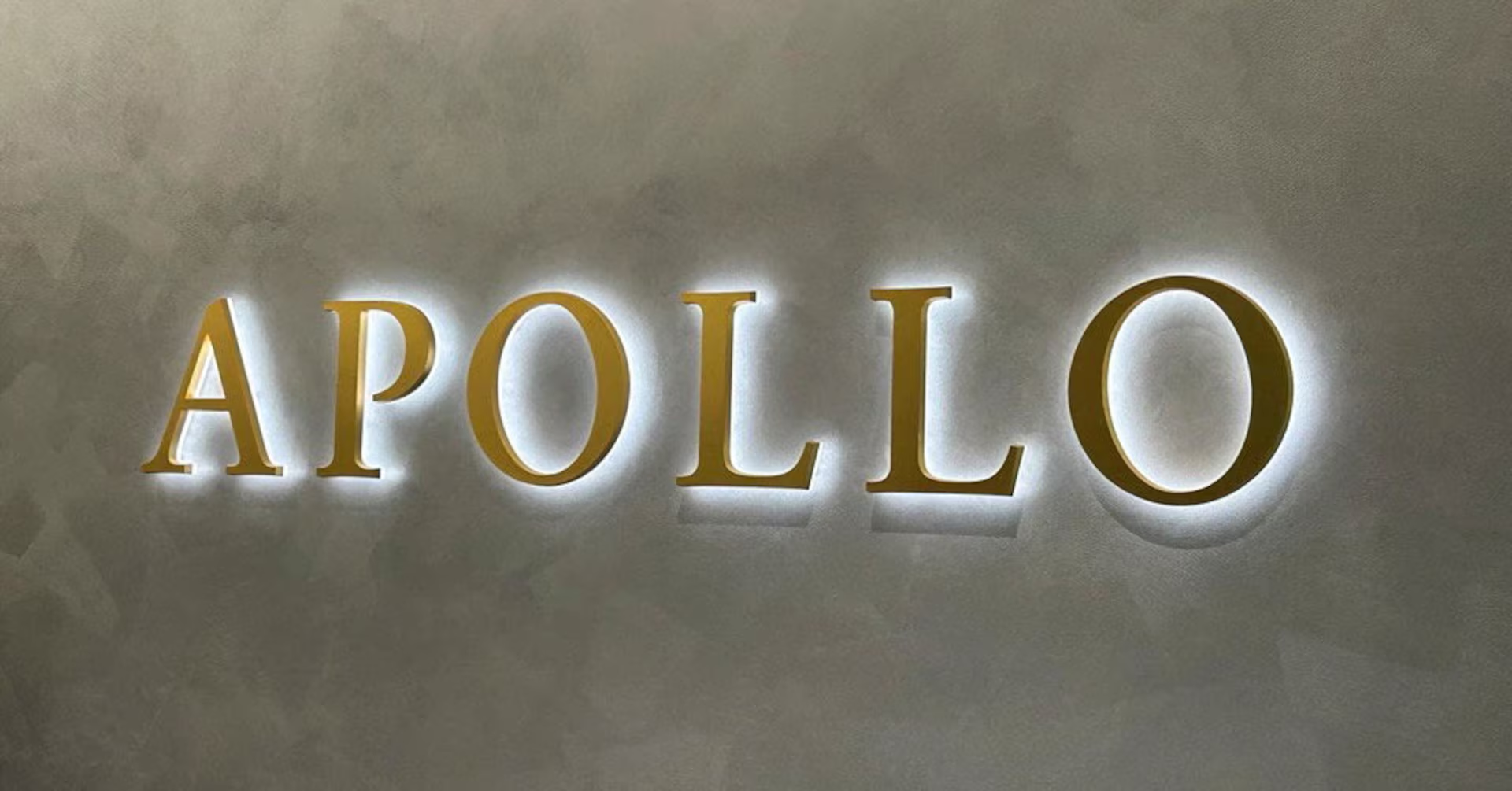Listen to the article
Private credit giants reject links to high-profile corporate collapses, testify before UK lawmakers
Executives from Blackstone, Apollo, and Ares Management firmly denied any exposure to the recent bankruptcies of U.S. companies First Brands and Tricolor during testimony before a British House of Lords committee on Wednesday. The collapses, which have rattled debt markets, have put the rapidly expanding private credit industry under increased regulatory scrutiny.
“There has been a lot of misinformation on this credit,” said Daniel Leiter, a senior managing director at Blackstone, addressing UK lawmakers examining the rise of private markets. Leiter emphasized that traditional banks, not private credit firms, were the primary lenders to the failed companies.
Apollo Global Management’s co-head of European credit, Tristram Leach, pointed out that First Brands was “predominantly financed” by public market lending, which is typically arranged by banks. Meanwhile, Blair Jacobson, co-president at Ares Management, noted that only 2% of First Brands’ nearly $12 billion balance sheet was connected to private credit.
Several banks have reported significant exposure to these bankruptcies. U.S.-based Jefferies disclosed losses related to First Brands, while UK’s Barclays recently announced a £110 million charge stemming from Tricolor’s collapse.
Jacobson told the committee that neither company would have met Ares’ investment criteria, explaining that First Brands was cyclical and exposed to weak consumer spending, while Tricolor had a low-quality customer base.
The recent failures have prompted increased regulatory attention on the private credit sector, which has grown substantially in recent years as an alternative to traditional bank lending. Bank of England Governor Andrew Bailey said last week that the central bank was planning a more detailed investigation into these collapses, noting concerning parallels with the early stages of the global financial crisis.
Bailey indicated the BoE plans to conduct a “stress test” with the private equity and credit industry to better understand potential vulnerabilities. This aligns with similar efforts by other regulators, including the European Central Bank, which is seeking greater visibility into private credit and other segments of the so-called “shadow banking” sector amid concerns about hidden risks.
The private credit executives pushed back against suggestions that their industry’s growth poses systemic risks. Blackstone’s Leiter argued that private credit is fundamentally safer than bank funding because it presents less risk of wider contagion. He noted that traditional lenders often operate with 10 times the leverage of a private credit fund.
This view was echoed earlier this week by Standard Chartered CEO Bill Winters, who suggested regulators should be more concerned about systemic banks than private credit firms.
During the hearing, Leach from Apollo was questioned about media reports that his firm had taken a short position—effectively betting against—First Brands’ debt, but he did not address the question directly.
The testimonies come at a critical moment for the private credit industry, which has emerged as a significant competitor to traditional bank lending in recent years. With assets under management in the sector now exceeding $1.5 trillion globally, regulators are increasingly concerned about understanding the full scope of risks that might be building in this less transparent corner of the financial system.
Fact Checker
Verify the accuracy of this article using The Disinformation Commission analysis and real-time sources.




5 Comments
The private credit industry seems to be trying to distance itself from these high-profile failures, but the fact that they’re being called to testify suggests there are still unanswered questions. It will be interesting to see if any policy changes or increased oversight emerges from this scrutiny.
Private credit has become an increasingly important part of the financing landscape, so these failures are sure to raise concerns. I appreciate the firms providing more context, but it’s clear there’s still a lot to unpack in terms of the industry’s exposure and risk profile.
Agreed. Transparency and accountability will be key as regulators scrutinize the role of private credit going forward.
It’s interesting to see private credit firms defend themselves against the fallout from high-profile corporate failures. The industry has certainly grown rapidly, so regulatory scrutiny is understandable. I’m curious to learn more about the specific role of private credit in these cases and how it compares to traditional bank lending.
Yes, the executives seem to be emphasizing that private credit was not the primary driver behind the collapses. It will be important to dig deeper into the financial details to get a clearer picture.